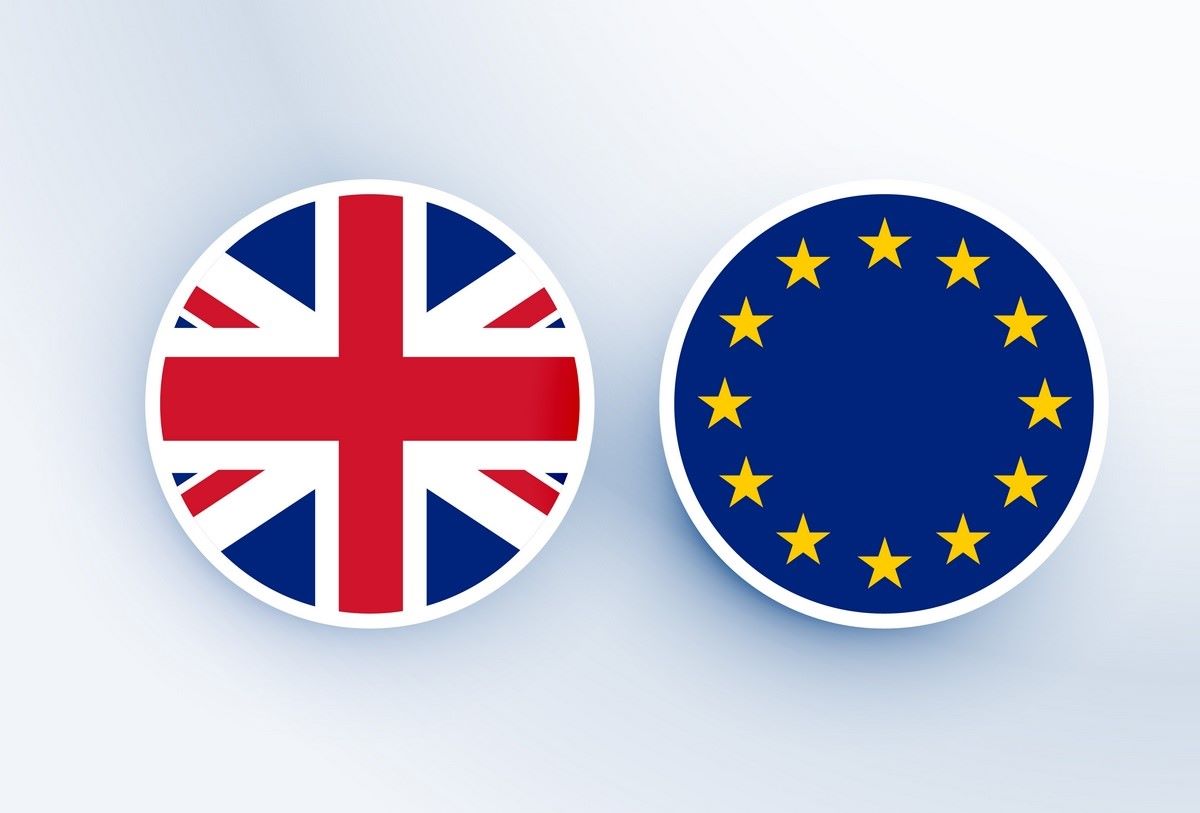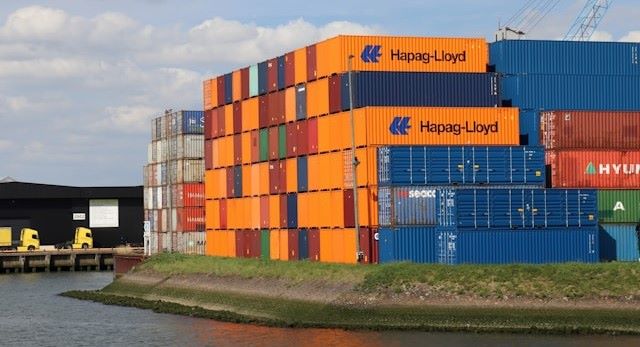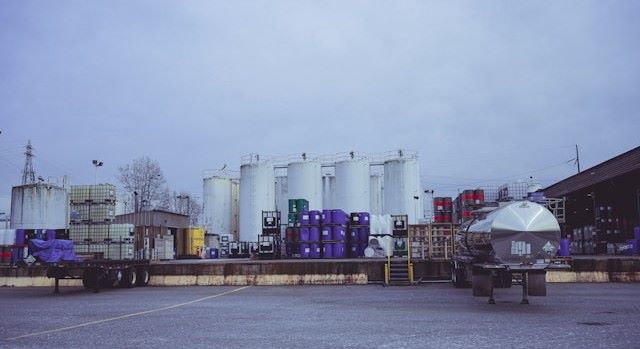The UK and EU have now signed a significant agreement aimed at resetting their post-Brexit relationship. It is a long-awaited deal following years of resentment and a lack of political will to establish common ground following the UK’s decision to leave the EU.
Unfortunately for the chemical industry, the deal does little to ease the burden of red tape created when the UK left the customs union. Instead, the deal’s highlight appears to be the Sanitary and Phytosanitary (SPS) agreement, which simplifies the export and import procedures for food and agricultural products. Although it is a provision which primarily targets the agrifood sector, the principles of reduced checks and streamlined processes may, possibly, set a precedent for similar arrangements in the chemical sector, facilitating smoother trade in the future.
But there is other good news for British business as the deal also eases cross-channel energy trading. This could go some way to lowering electricity prices where UK manufacturing sectors, such as the chemical industry, pay some of the highest rates in Europe.
However, the best announcement for companies who import and export industrial chemicals between the UK and EU has been the assistance the deal provides on carbon taxes. As Stephen Phipson, head of the manufacturers’ organisation Make UK, notes, “The agreement that the UK and EU will link their carbon markets to avoid taxes on carbon-intensive goods like steel and cement [and chemicals] travelling between the UK and EU is welcome news.”
A further central component of the new agreement is the mutual recognition of conformity assessment (MRCA). This provision allows products certified in one jurisdiction to be accepted in the other, reducing redundant testing and compliance costs. For the chemical industry, this means streamlined processes for certifying products, potentially accelerating time-to-market and reducing administrative burdens.
However, many are reserving judgement on the deal until they have read the small print and seen it in action, such as Steve Parker, the director-general of the British International Freight Association (BIFA), who stated that, “It is now down to government to work out the most practical solutions.”
For its part, the UK’s Chemical Industries Association (CIA) has also expressed cautious optimism regarding the deal, stating that, “The potential platform offered by today’s announcements are where we need to be.”
It applauded the commitments to ease the electricity market but awaited full comment until the details have been checked, especially that made over the Emissions Trading Scheme (a.k.a. carbon tax).
“The Emissions Trading Scheme link might pave the way to a long-lasting solution but in considering options for linking it is important that any solution is adequate and aligned to deliver decarbonisation not deindustrialisation,” the Association said in its press release. “Above all of this, whatever deal is or is not reached, the UK Government must ensure policy and economic stability so that chemical manufacturing sites in the UK who are competing with sites around the world, can attract investment in net zero technologies.”
Certainly, the European chemical sector needs some support. A recent survey of members of the Chemical Business Association in November 2024, found that, “71% faced chronic import/export challenges, while 82% were concerned by regulatory uncertainty.”
As such, any trade deal which eases access to transnational markets will be seen in a productive light. But despite the positive aspects, the chemical industry still faces challenges. The need to comply with both UK and EU regulations remains a significant administrative burden, leading to increased costs for businesses. Small and medium-sized enterprises (SMEs), in particular, may find it difficult to navigate the complexities of dual regulatory systems.
Related articles: Six Trends in Industrial Chemical Online Marketplaces or How Can Chemicals Trading be Made More Efficient?
For while the MRCA and SPS agreements offer benefits, they do not fully address issues related to the UK’s divergence from the EU’s Registration, Evaluation, Authorisation and Restriction of Chemicals (REACH) regulation. Without full alignment, UK chemical companies may still face barriers when accessing the EU market, potentially limiting the effectiveness of the new deal.
Overall, it is felt that the newly signed UK-EU deal presents opportunities for the chemical industry by facilitating trade and reducing certain regulatory burdens. Yet while it marks a positive move towards improved relations and economic growth, continued efforts are necessary to fully resolve the complexities faced by chemical companies operating between the UK and EU markets.
Nothing can replace the boost to business which the chemical industry enjoyed with the barrierless trade of Britain being a member of the EU. As a result, the overwhelming sentiment is one of gratitude that finally the two sides are speaking proactively again and have made a business-friendly deal—however small that may be.
For example, despite the farming and food sectors being one of the biggest winners in the trade deal, even the president of the Northern Ireland farmers’ union, the UFU, remains wary of celebrating too loudly. “This deal isn’t going to remove all obstacles overnight,” he said. “It will take up to 18 months to implement, and much of the content will be complex and require further clarification. But it is,” he concludes, “a step in the right direction.”
Good news for traders of industrial chemicals? The answer, it seems, is a cautious “yes.”
Photo credit: Benny Sun on Unsplash, Chelaxy Designs, Julia Taubitz, & Starline on Freepik




